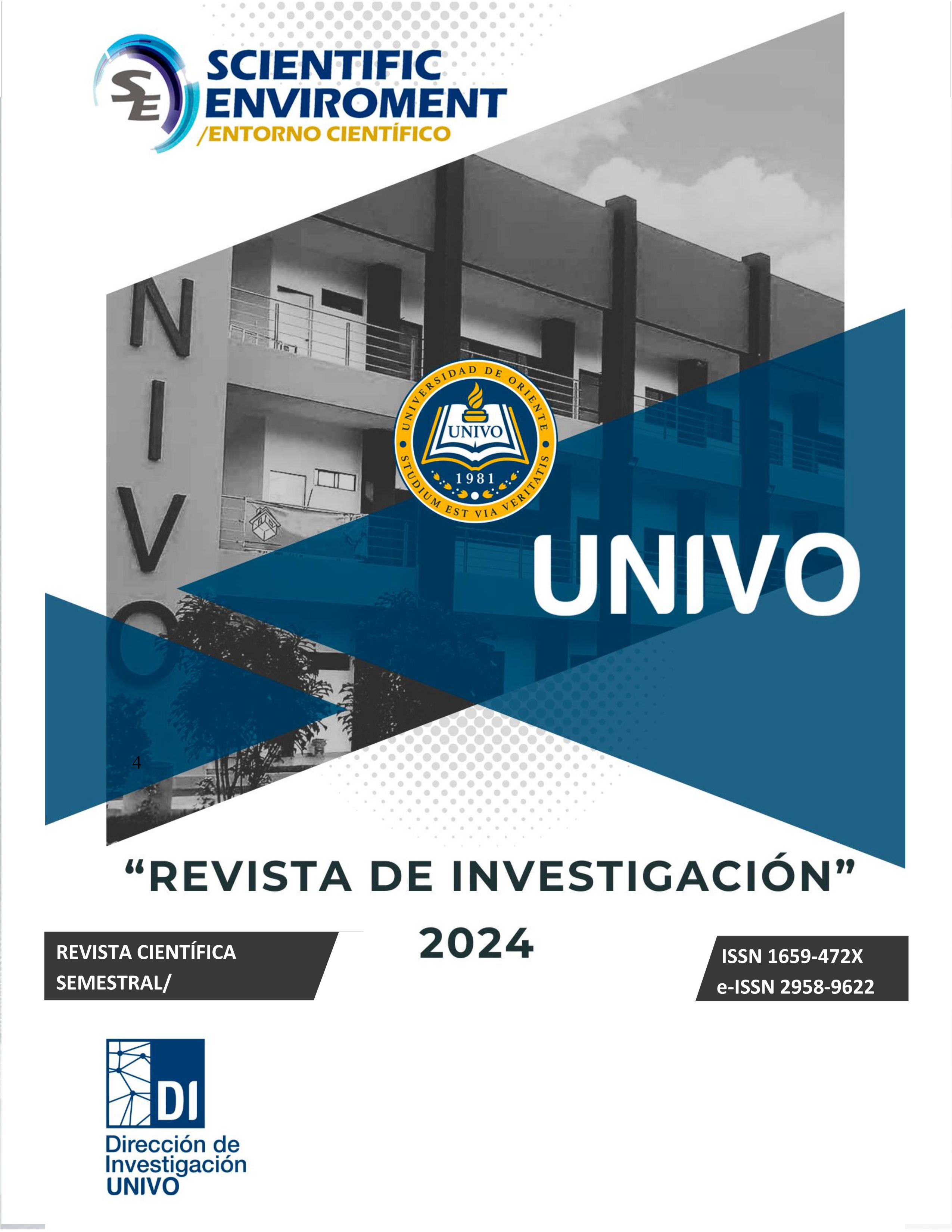Inclusion of People with Disabilities in academic training and access to job opportunities
Main Article Content
Abstract
The inclusion of people with disabilities in academic training and access to job opportunities has been a topic of concern, discussion, and social relevance. In recent years, this has focused on the inequality gaps and barriers that this population sector still faces. Therefore, it is of utmost importance to understand and analyze the underlying factors that contribute to this situation and identify the advances obtained regarding physical, digital, and didactic accessibility for students with disabilities in educational institutions, as well as assess the job opportunities provided by companies. to said sector, as well as identify strengths, limitations, and areas of improvement in the programs implemented towards disabilities in the public institutional system to propose appropriate public policies. This article presents the main findings obtained from a survey administered to students, directors, teaching, and administrative staff of secondary and university educational institutions, additionally the contributions of a focus group and interview with an educator specializing in the subject, adding to This is the results of survey in 112 public and private companies in the eastern region of El Salvador in which access to employment for workers with disabilities is verified.
Downloads
Article Details
Issue
Section

This work is licensed under a Creative Commons Attribution-NonCommercial-ShareAlike 4.0 International License.

